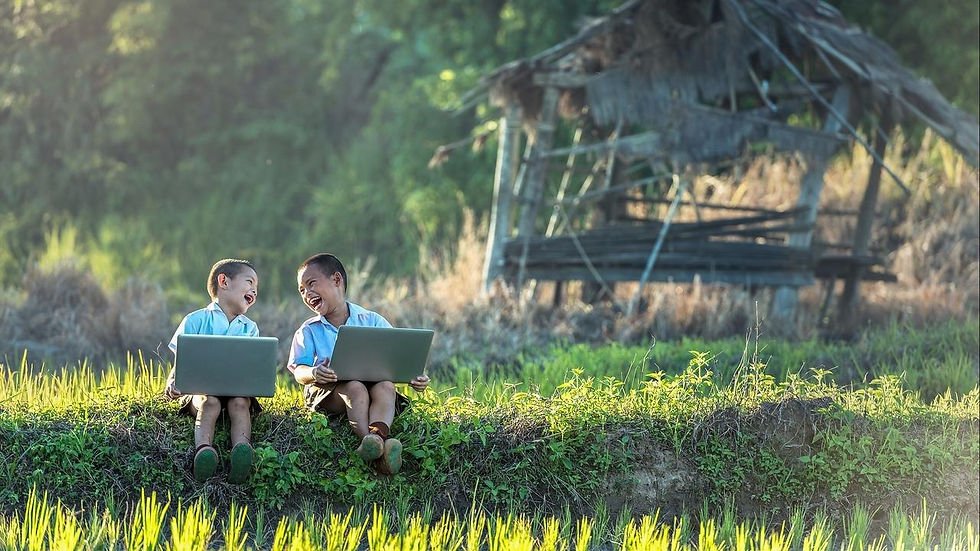Teach Your Children Online Safety
- Frances Leary
- Jun 9, 2020
- 1 min read

Learning to protect yourself and teaching your children to do the same is one of the very best things you can do for yourself if you are going to spend time online (which, come on now…aren’t we all?).
Unfortunately, most adults have absolutely no idea what to do when it comes to protecting themselves, so there are few people teaching young people what they need to know, either.
Every social media channel has ways in which you can increase your privacy on that network. This is true for some much more than others.
The first step, then, is to educate yourself about how to keep your accounts as private as possible.
Besides knowing how to protect yourself and your children on the platforms you use, here are some best practices to follow anytime you are online:
Turn your locations visibility off.
Create strong passwords.
Consider using a nickname when possible.
Do not share your contact information publicly.
Never publicize your address.
Never say when you are and are not going to be home.
Keep your social accounts separated (not linked to each other).
Delete your browsing history regularly.
Also, remember that you do not need to be friends with everyone who requests it, and there are ways to report users who are violating your privacy.
By understanding the rules on the social networks you use and by taking the initiative to protect ourselves and our children, collectively we make the world a safer place – even online.




Comments